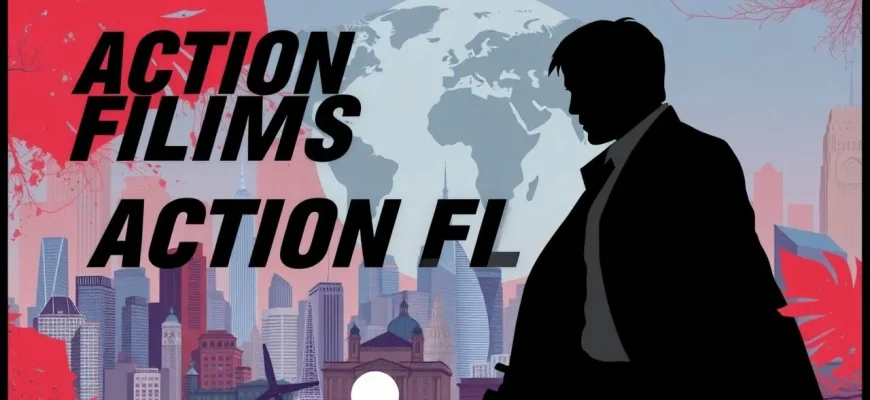This curated list of action films delves into the thrilling world of international politics, espionage, and diplomacy. Each film offers a unique perspective on how global relations can lead to high-stakes action, providing not only entertainment but also insights into the geopolitical dynamics that shape our world. Whether it's covert operations, diplomatic standoffs, or international crises, these movies offer a blend of adrenaline-pumping action and thought-provoking scenarios.
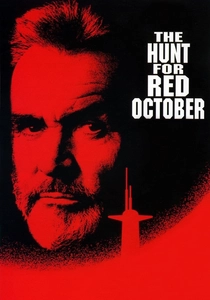
The Hunt for Red October (1990)
Description: A Soviet submarine captain plans to defect with his crew and a new stealth technology, creating a tense international incident.
Fact: The film was based on Tom Clancy's novel and was the first in the Jack Ryan series. It was also one of the first films to use CGI for underwater scenes.
 Watch Now
Watch Now
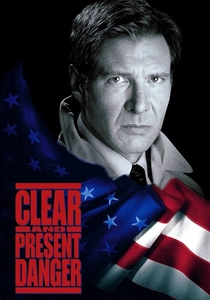
Clear and Present Danger (1994)
Description: Jack Ryan uncovers a covert operation in Colombia, highlighting the murky waters of international drug trade and U.S. foreign policy.
Fact: The film was nominated for two Academy Awards, including Best Sound and Best Sound Effects Editing.
 Watch Now
Watch Now
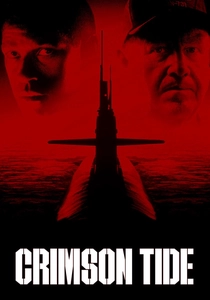
Crimson Tide (1995)
Description: A nuclear submarine faces a mutiny during a tense standoff with Russia, exploring themes of command, duty, and international brinkmanship.
Fact: The film features a famous debate between Gene Hackman and Denzel Washington about the nature of command and obedience.
 Watch Now
Watch Now
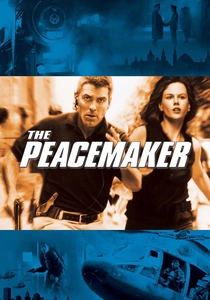
The Peacemaker (1997)
Description: A nuclear bomb is stolen by terrorists, and a U.S. Army colonel and a nuclear expert must work together to prevent a catastrophe, showcasing the complexities of international cooperation in crisis situations.
Fact: This was George Clooney's first major starring role in a film. The movie was inspired by real-life events involving the theft of nuclear materials.
 Watch Now
Watch Now
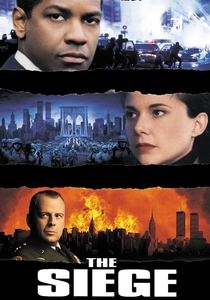
The Siege (1998)
Description: After a series of terrorist attacks in New York, the city is placed under martial law, raising questions about civil liberties and international terrorism.
Fact: The film was controversial for its depiction of the military's role in domestic affairs and its portrayal of Muslim characters.
 Watch Now
Watch Now
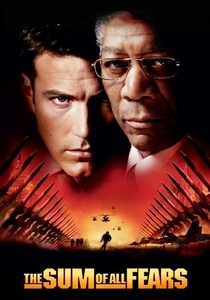
The Sum of All Fears (2002)
Description: This film explores the tension between the U.S. and Russia when a nuclear bomb is detonated in Baltimore, leading to a potential global conflict. It's a classic example of how international relations can escalate into a crisis.
Fact: The film was originally planned to be released in 2001 but was delayed due to the 9/11 attacks. It also features a young Liev Schreiber as John Clark.
 Watch Now
Watch Now
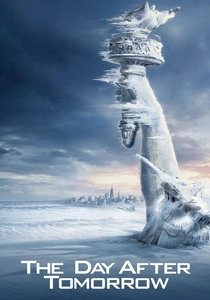
The Day After Tomorrow (2004)
Description: While primarily a disaster film, it touches on international relations as countries deal with the aftermath of a sudden global climate shift.
Fact: The film was one of the first to use extensive CGI to simulate weather events, and it sparked discussions on climate change.
 Watch Now
Watch Now

Munich (2005)
Description: Following the 1972 Munich Olympics massacre, a team of Israeli agents track down those responsible, delving into the moral complexities of revenge and international justice.
Fact: The film was nominated for five Academy Awards, including Best Picture and Best Director for Steven Spielberg.
 Watch Now
Watch Now
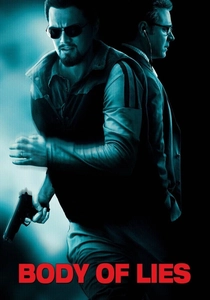
Body of Lies (2008)
Description: A CIA operative and his British counterpart work to capture a terrorist leader, navigating the treacherous waters of Middle Eastern politics and espionage.
Fact: The film was directed by Ridley Scott and features a screenplay by William Monahan, who won an Oscar for "The Departed."
 Watch Now
Watch Now
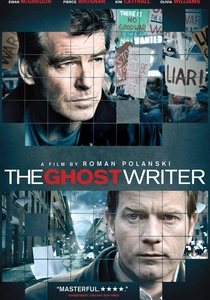
The Ghost Writer (2010)
Description: A ghostwriter hired to complete the memoirs of a former British Prime Minister uncovers secrets that could shake international politics, blending political intrigue with suspense.
Fact: The film was shot in the UK, Germany, and France, reflecting its international scope. It was also Roman Polanski's first film in English since
 Watch Now
Watch Now

